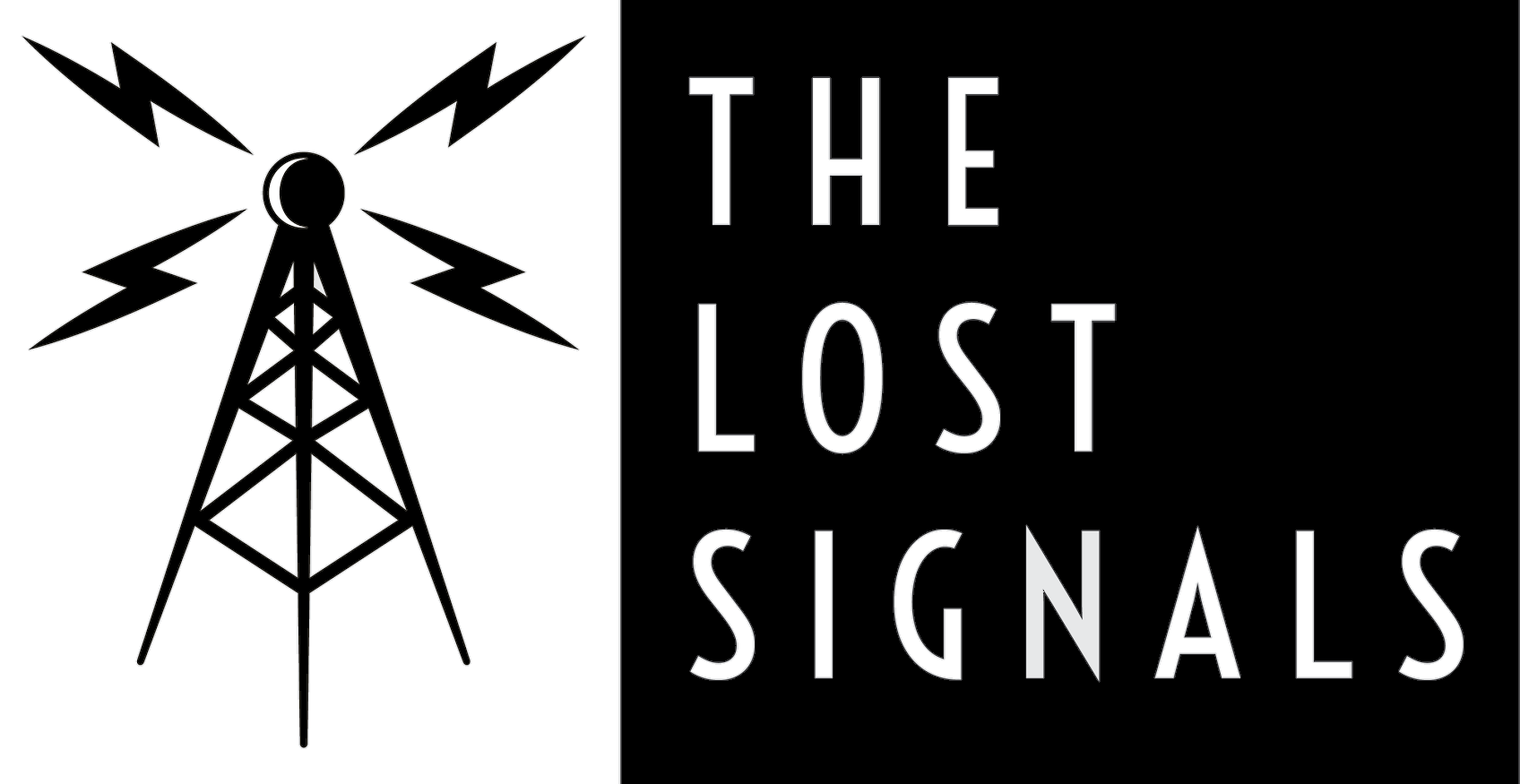Game Developers Choice Awards 2019: Nominees/Predictions
Time marches on, the new year has arrived, and thus the GDC has announced their nominees for the upcoming awards in March. And as I’m no exception to being a slave to time, I also once again will go over certain categories, (i.e. the ones I’m personally most interested in) giving my thoughts and predictions on them. Before I dive in though, just a quick reminder that these are distinct from The Game Awards previously covered (and in general thought to be more “credible” since the GDC is a peer-driven developer organization/event.) There is considerable overlap here, and I’m going to be sticking closely to my picks made for TGA, lest my own credibility wanes. However I am also nothing if not cynical, and so throughout I’ll be laying out both what I think will win vs. what I think should.
Let us start then as I have before (since time is also a flat circle) with the nominees for Best Audio. I chose Red Dead Redemption 2 and I definitely stand by that here. It is simply the most fitting soundscape to accompany the epic journey within the setting. Some standout tracks match perfectly to both big setpiece scenes as well as outside missions for whatever outlaw hijinks one gets up to during the course of exploring the Old West. I’m fairly certain the GDC will agree, but if not, I would point to God of War getting the win for the sweeping Norse score that compliments the story and action quite well.
For Best Debut, I’ll reiterate that I’m less familiar with this year’s titles, as my gaming was mostly dominated by huge open world AAA titles in 2018. Nevertheless, I’ve heard some solid buzz around both Florence and The Messenger, and checked out some gameplay footage of each. Moss, being a VR title, might have an edge (though there is a separate category reserved for solely VR games) and does look quite impressive. My assessment is that Florence probably has the overall advantage, but again given my surface-level knowledge here, I can’t say with as much confidence, and could see myself being way off on this one.
That will bring up Best Design which is always one of the tougher ones to call. At the outset, I would say it’s a fairly even three-way standoff between the “big ones”– God of War vs. Spider-Man vs. RDR2, (which actually would be fucking cool to see as a fight in a game unto itself) any of which stands a decent chance and I’d be ok with. But in somewhat of a dark horse/sleeper pick, I could definitely see Into the Breach nabbing this one, since it was able to inject some unique slants and mechanics into the standard tactical/strategy isometric genre, making it feel fresh in what is often a crowded market.
Next onto the Innovation Award, and off the bat I disagree with even including RDR2 here. For all its strengths, it remains a ‘Rockstar game’ at its core. And while that does mean fantastic production value and quality storytelling, it isn’t particularly innovating so much as perfecting its long-established formula at large. Thus I’m completely discounting it from this category. What I would choose (in a bout of déjà vu) is Return of the Obra Dinn for its spin on the puzzle/detective-em-up as well as its stripped down, stark and striking visual style to go along with the mystery. Tetris Effect has significant goodwill swirling around it too, and would be a good second choice.
Best Narrative has become more and more my main category to keep an eye on since it’s one of the biggest aspects of interest to me in videogames. Again, sticking to my earlier stance, I’ll take Spider-Man because of how well it balanced the line between established lore and setting up its own high-caliber story within that framework. This though is where the RDR2 juggernaut may rear its head and the GDC will comply by feeding it the award. God of War can also earn this one easily, which would be more than acceptable as it still remains my pick for…
…Game of the Year. As I said, God of War in my estimation was the most complete and impressive experience as a whole. While the other titles here are not miles behind it by any means, GoW delivers the most on almost all spectrums of a game overall, and stands out as to how the medium can mature and change. It manages the feat of keeping the core elements of a widely respected and popular franchise/character intact, while expanding and growing the property in a positive direction, all without sacrificing integrity or cowing to short-sighted industry trends. Still, I can see it coming down to one last knock-down drag-out bout between it and RDR2, which for one last time I am not against winning here, I merely purport that GoW is superior in execution, if only by a narrower margin than it might seem.
Combing quickly through the list of honorable mentions, less stand out this time around, but even so I’d give credit to: Assassin’s Creed: Odyssey, Far Cry 5, Detroit: Become Human and Where the Water Tastes Like Wine (and please let’s get a port of that for consoles!)
That’s all for the 2019 GDC predictions. Check back in March (and of course when our own Games & Gaming Culture top games episode releases) when the winners are finalized and I tally my score. Until then, cheers,
-Scott Thurlow











Recent Comments